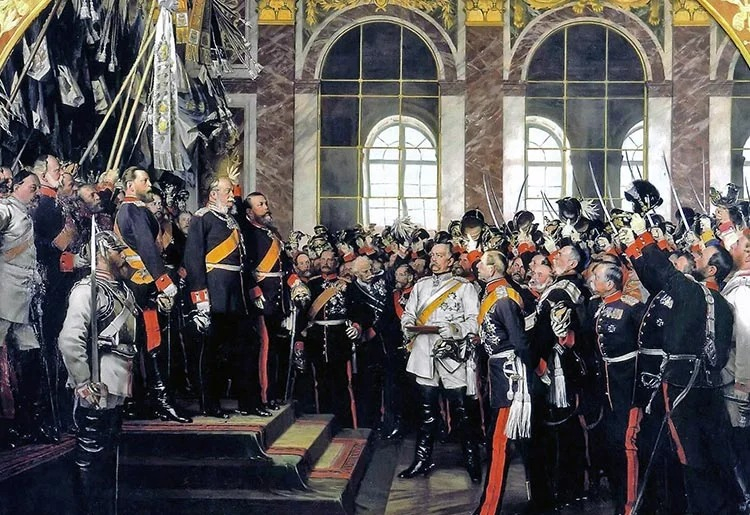He helped to unify ethnic Germans into a single nation
Otton von Bismarck was motivated to unify ethnic Germans into a single nation governed by an efficient Prussian state. His strategy started in 1864 with efforts to settle the Schleswig-Holstein Question, which began in the realm of diplomacy but came to climax in the war between Prussia and Denmark for control of the Duchies of Schleswig and Holstein. This was the beginning of Bismarck's plan to unite ethnic Germans into a single nation governed by an effective Prussian state.
By pursuing constrained war objectives, ensuring that military policy served diplomatic interests, and remaining non-ideological, Bismarck was able to stop an unchecked escalation to total war. To stop the conflict from escalating further, Bismarck used tactful diplomacy to keep other European governments out of it.
During the Astro-Prussian War in 1866, Bismarck had similar results. Once more, successful diplomacy avoided outside military action. Escalation was prevented by limited war objectives and the absence of ideology. Both Bismarck and Prussia did not believe that such maximalist military goals were required to establish Prussian dominance over the union of German states in the Astro-Hungarian Empire. In the Franco-Prussian War of 1871–1872, Bismarck succeeded in achieving the same outcome. Finally, he united 39 separate nations into one German nation.









